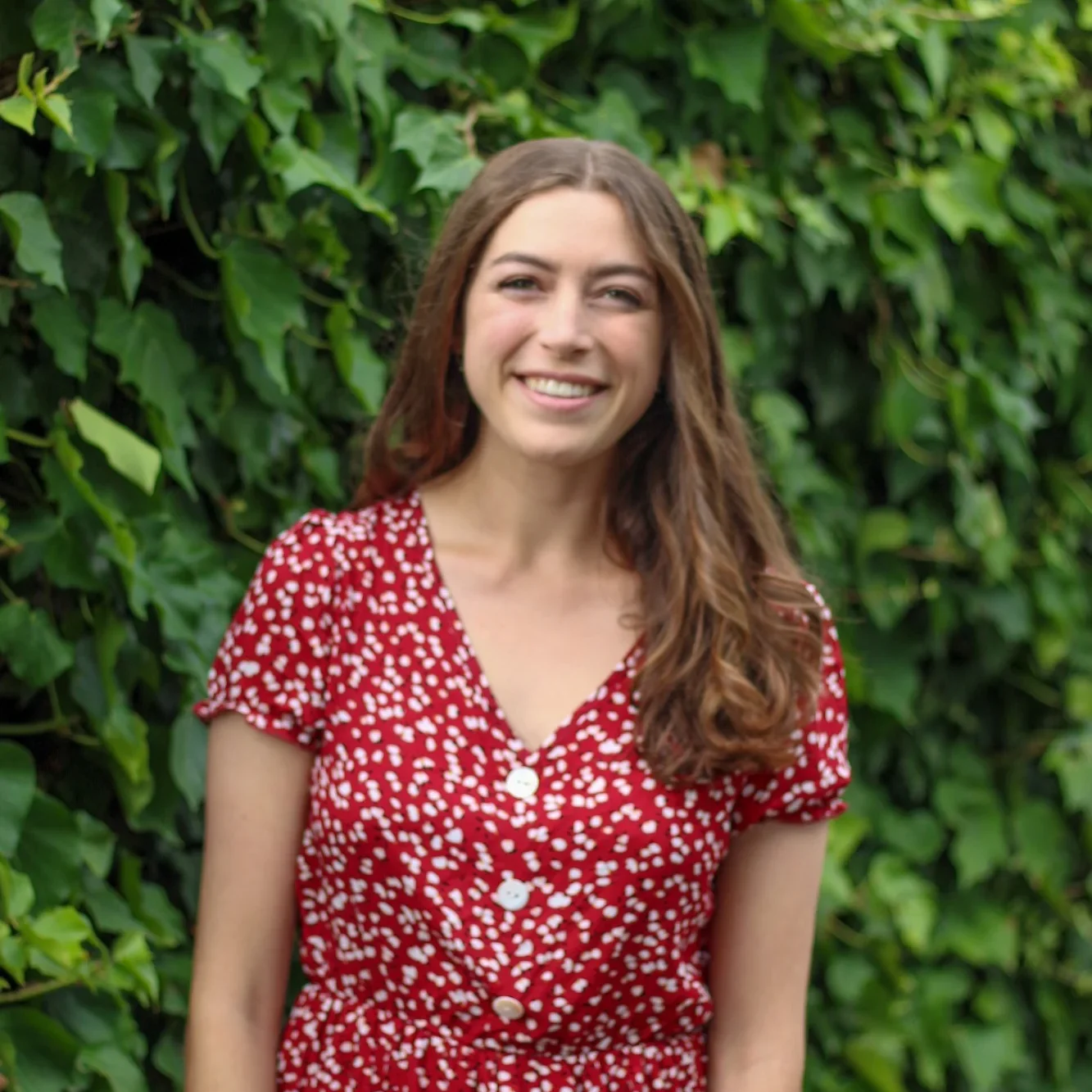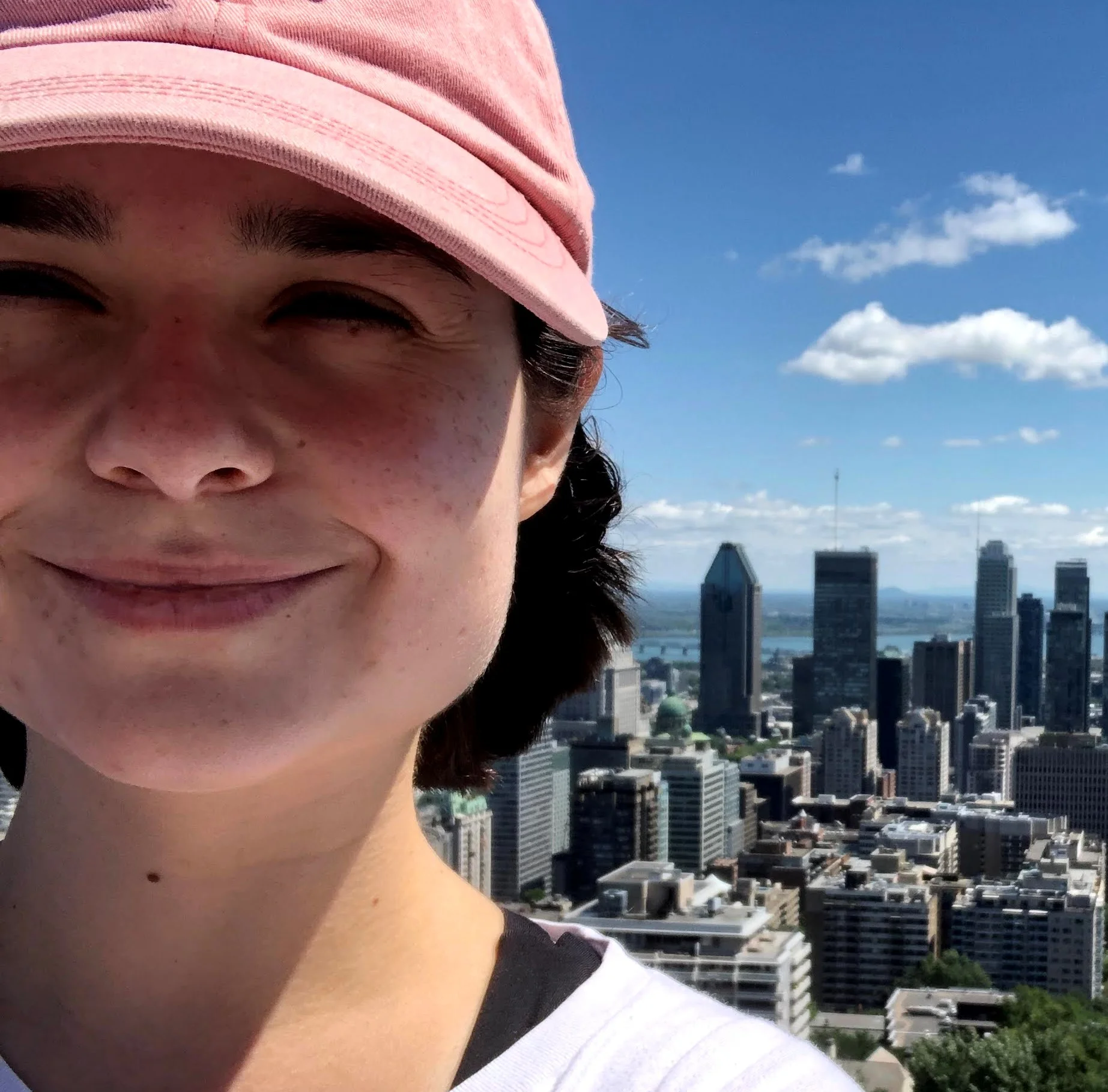
Get behind the headlines and learn how political power really works. Our Political Science program introduces you to political, economic, social, and environmental issues in Canada and around the world. We offer the opportunity to earn while you learn and prepare for a successful career with co-op. Take advantage of opportunities to conduct research with faculty and the ability to complete an internship in fourth year. Our active and engaged department is home to the Political Science Society, the Model UN Club, and arranges an annual trip to Europe through the EU Study Abroad course.

Sarah Cipkar
Alumni, PhD Candidate and Founder & CEO of Cipkar Development
Logan Carmichael
Alumni, Cybersecurity, ASB Bank Aukland, NZ
Emelie Weidl
Alumni, currently studying BCL/ JD at McGillCourse Requirements:English/ENG4U (min. avg. 60%)
Minimum Average: 70%
Minimum Average (Co-op): 80%; 70% minimum in English
Mean Average: 77%
Course Requirements: Grade 12 English
Minimum Average: 70%
Minimum Average (Co-op): 80%; 70% minimum in English
Mean Average: 77%